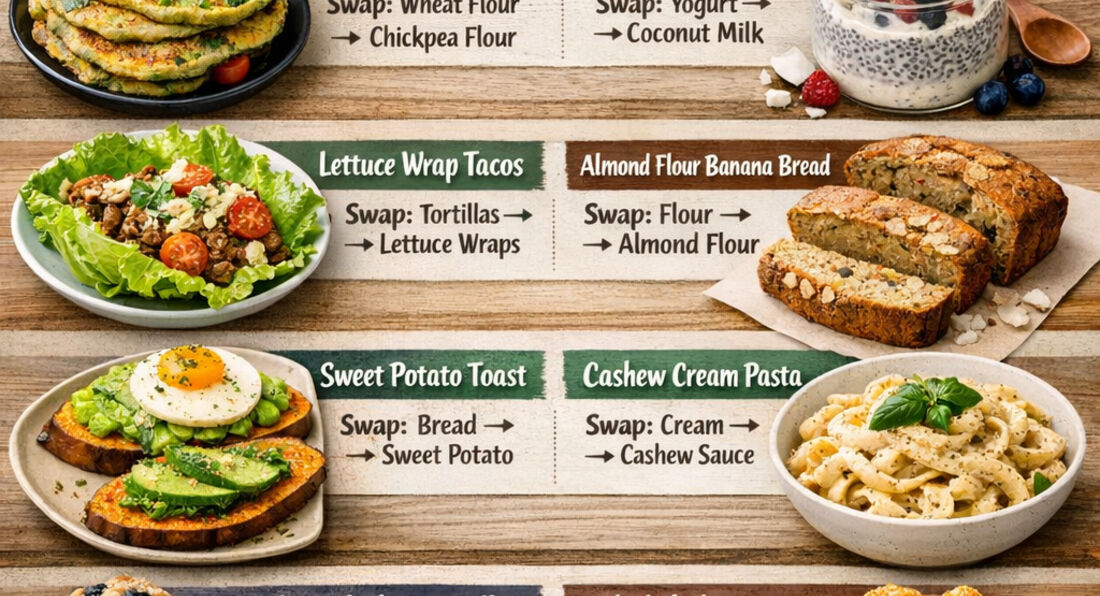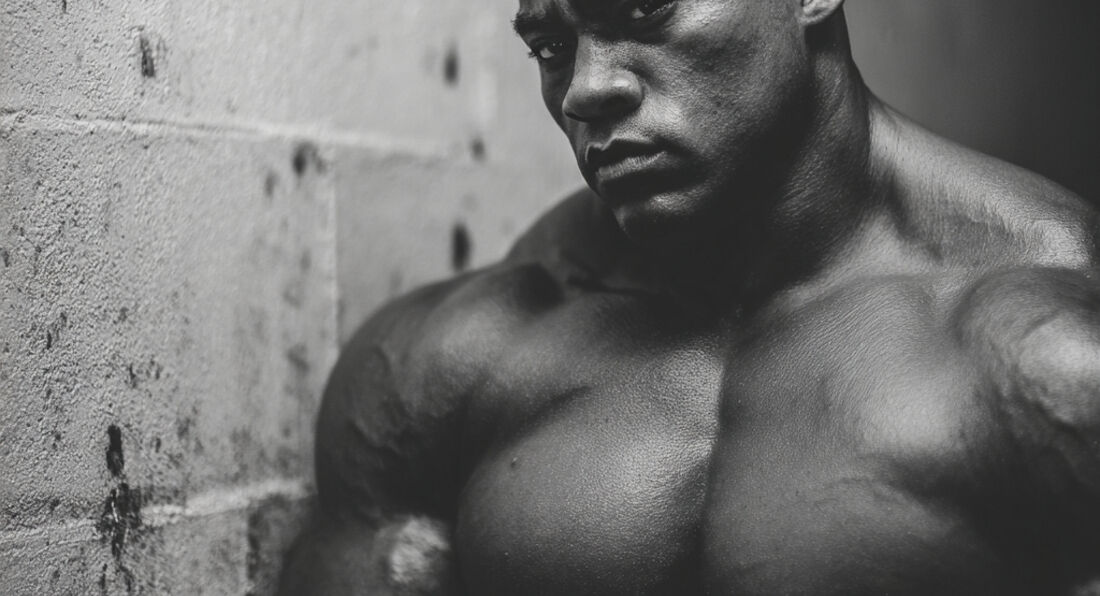Wednesday, 21st May 2025
Red Meat vs Chicken vs Vegetarian Sources
Their effect on muscle building
By LA Muscle on 21.05.2025 07:28 am
Understanding the differences in protein content and quality between red meat, chicken, and vegetarian sources is essential for anyone aiming to optimize muscle growth. This article offers a scientific comparison of these protein sources, focusing on amino acid composition, digestibility, and their effects on muscle protein synthesis (MPS).
Protein Content and Quality
Red Meat
Red meats such as beef and lamb are rich in high-quality protein, typically providing around 22–27 grams per 100 grams. These are complete proteins, meaning they contain all nine essential amino acids necessary for muscle repair and growth. Red meat also offers creatine, iron, zinc, and vitamin B12—nutrients that support energy metabolism and muscle function. However, red meats often contain higher levels of saturated fats and cholesterol, which are associated with increased cardiovascular risk when consumed excessively.
Chicken
Chicken, especially breast meat, is one of the leanest animal protein sources. It contains about 31 grams of protein per 100 grams and is also a complete protein. Its high protein-to-fat ratio makes it ideal for lean muscle gain. Additionally, chicken has lower saturated fat content compared to red meat, making it a heart-healthier choice among animal proteins.
Vegetarian Proteins
Plant-based protein sources include legumes (lentils, chickpeas), soy products (tofu, tempeh), grains (quinoa, oats), nuts, and seeds. While protein content varies—lentils provide around 9 grams per 100 grams and tofu about 8 grams—most plant proteins are incomplete, lacking one or more essential amino acids. However, when combined (e.g., rice and beans), they can provide a complete amino acid profile.
Some plant proteins like quinoa, soy, and buckwheat are exceptions as they are naturally complete.
Protein Quality and Muscle Protein Synthesis
Protein quality is primarily determined by its amino acid composition and digestibility. Two key measures used in scientific assessments are:
-
PDCAAS (Protein Digestibility-Corrected Amino Acid Score)
-
DIAAS (Digestible Indispensable Amino Acid Score) – a newer, more accurate measure
Animal Proteins
Red meat and chicken rank high on both PDCAAS and DIAAS scales. Their high levels of leucine—an amino acid critical for initiating MPS—make them especially effective for muscle building. Fast-digesting animal proteins, like whey (derived from milk), can quickly spike amino acid availability post-workout, further enhancing muscle repair and growth.
Plant Proteins
Plant proteins generally have lower PDCAAS and DIAAS scores due to reduced digestibility and limiting amino acids like lysine or methionine. However, research shows that with adequate total protein intake and smart combinations, plant-based diets can support comparable muscle gains to omnivorous diets. Supplementation with leucine or consuming higher volumes of plant protein can compensate for lower individual protein quality.
Health Implications
-
Red Meat: While effective for muscle building, frequent consumption has been linked to increased risks of colorectal cancer, type 2 diabetes, and cardiovascular disease. Choosing lean cuts and limiting intake to a few servings per week can help mitigate these risks.
-
Chicken: Offers similar muscle-building benefits with fewer associated health risks than red meat. It's a staple in many fitness diets due to its lean profile and ease of preparation.
-
Plant Proteins: Associated with lower risks of chronic diseases, better gut health, and reduced inflammation. Diets high in plant protein are often richer in fibre, antioxidants, and phytonutrients.
Environmental Considerations
-
Red Meat: High environmental cost due to land use, methane emissions, and water consumption.
-
Chicken: Lower impact than red meat, but still higher than plant proteins.
-
Plant Proteins: Generally the most sustainable choice. Legumes and grains require fewer resources and produce lower greenhouse gas emissions.
When it comes to building muscle:
-
Red meat and chicken offer high-quality, complete proteins with strong evidence supporting their ability to stimulate muscle growth.
-
Plant proteins, while sometimes lower in quality individually, can still support muscle building when consumed in sufficient quantities and in complementary combinations.
Balancing your protein sources to include a mix of animal and plant options—while considering health and sustainability—can provide the best outcomes for muscle growth and long-term wellness. If you are struggling to take in enough protein to build muscle or lose weight, try LA Whey Gold protein.





























